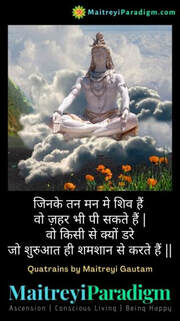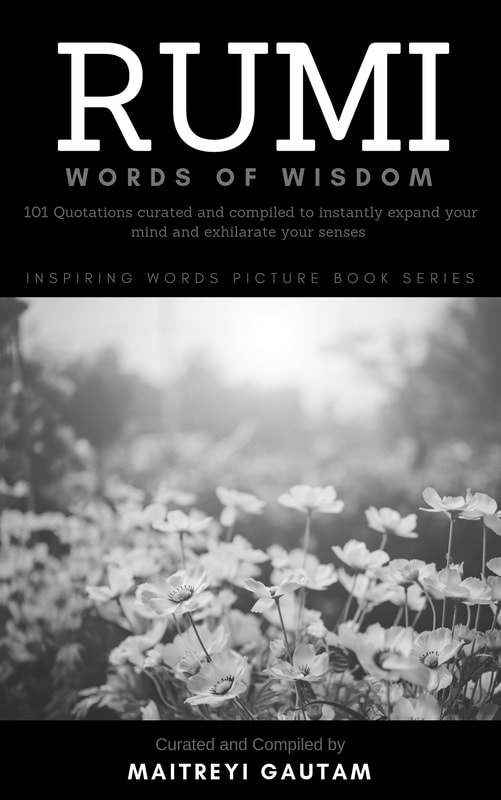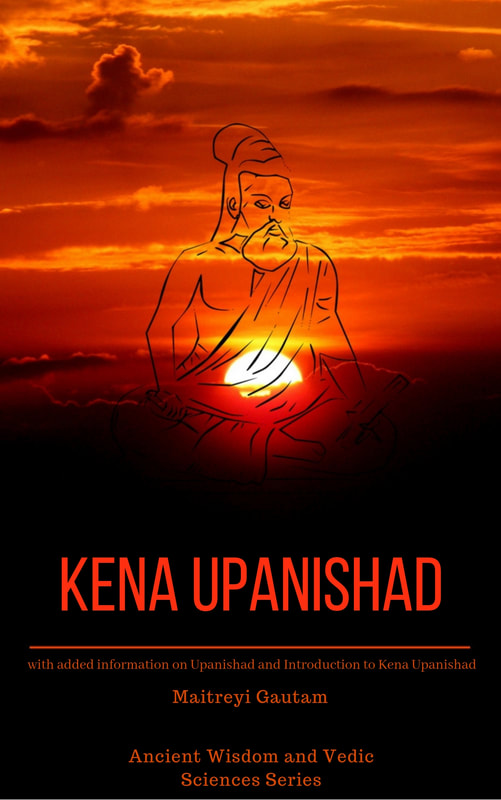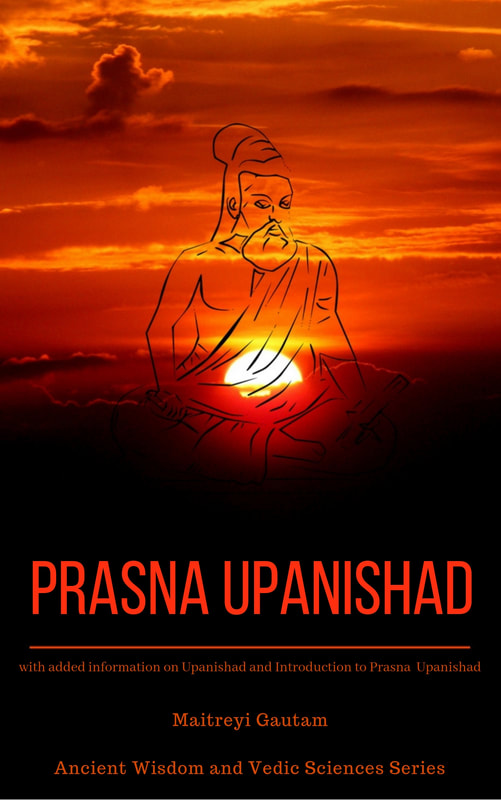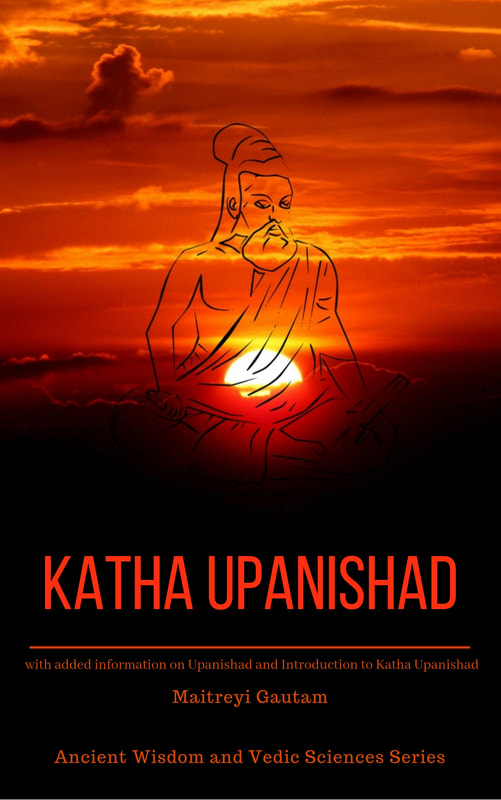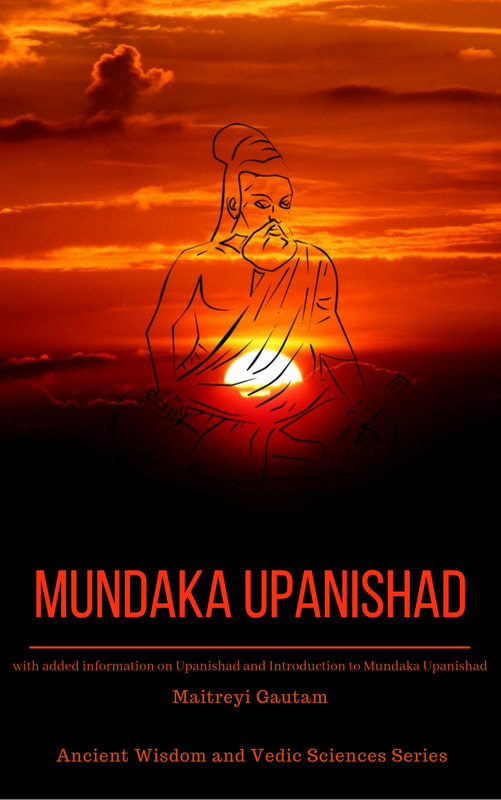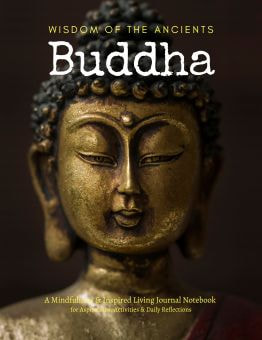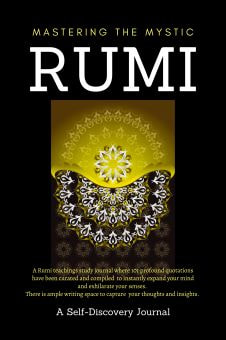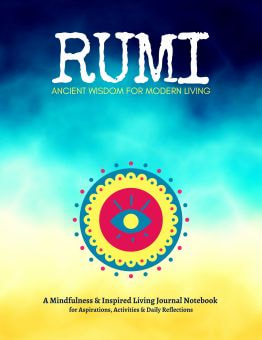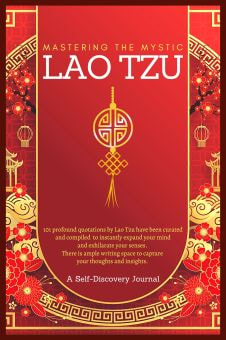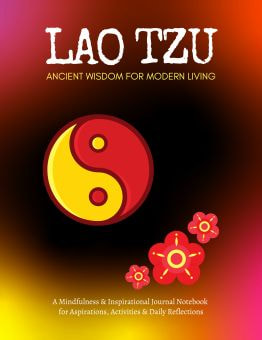| Gudi Padwa, a vibrant and colorful festival celebrated across Maharashtra and other parts of India, marks the beginning of the Hindu New Year. Gudi Padwa typically falls on the first day of the Chaitra month in the Hindu lunar calendar, which corresponds to late March or early April in the Gregorian calendar. The festival is also celebrated in other regions of India under different names, such as Ugadi in Karnataka and Andhra Pradesh, and Cheti Chand by the Sindhi community. | |
Even though this festival is sometimes called differently in other parts of India, but this event that welcomes the Hindu new year, is celebrated with joy and festivities.
In this article, we will explore the history, significance, and various customs associated with Gudi Padwa, offering an insight into the rich cultural heritage of this spirited celebration.
In this article, we will explore the history, significance, and various customs associated with Gudi Padwa, offering an insight into the rich cultural heritage of this spirited celebration.
The Significance of Gudi Padwa
Gudi Padwa holds a special place in the hearts of Hindus, as it signifies the arrival of spring and the start of a new year. The festival is believed to bring good fortune, prosperity, and happiness.
There are several historical and mythological stories associated with Gudi Padwa. It is said that on this day, Lord Brahma created the universe, marking the beginning of time.
There are several historical and mythological stories associated with Gudi Padwa. It is said that on this day, Lord Brahma created the universe, marking the beginning of time.
Traditions and Rituals of Gudi Padwa
1. Gudi: One of the most prominent symbols of Gudi Padwa is the Gudi itself, a bamboo stick adorned with a bright silk cloth, mango leaves, marigold flowers, and a copper or silver pot placed on the top. The Gudi is hoisted outside homes, symbolizing victory, prosperity, and protection against evil influences.
2. Rangoli: On Gudi Padwa, families create colorful and intricate rangoli designs using colored powders, flowers, or rice paste at the entrance of their homes. These beautiful patterns are believed to attract good luck and positive energy.
2. Rangoli: On Gudi Padwa, families create colorful and intricate rangoli designs using colored powders, flowers, or rice paste at the entrance of their homes. These beautiful patterns are believed to attract good luck and positive energy.
3. Prayers and Offerings: Devotees visit temples and offer prayers to seek blessings for the New Year. They also perform pujas at home, with offerings of flowers, fruits, and sweets to the deities.
4. Traditional Delicacies: Food plays a significant role in Gudi Padwa celebrations. Families prepare traditional Maharashtrian dishes, such as Puran Poli, Shrikhand, and Poha. A special concoction called 'Neem Chutney' made from neem leaves, jaggery, and tamarind is also consumed, signifying the balance of sweet and bitter experiences in life.
5. Family and Community Gatherings: Gudi Padwa is a time for families to come together and celebrate the beginning of the New Year. Communities often organize cultural programs, processions, and other events, fostering a spirit of unity and harmony.
In short, we can say that Gudi Padwa is a lively and culturally rich festival that marks the start of the Hindu New Year. It is an auspicious occasion that brings together families and communities, creating an atmosphere of joy, hope, and togetherness.
Gudi Padwa serves as a reminder of the importance of preserving and cherishing our cultural heritage while embracing the promise of a new beginning.
4. Traditional Delicacies: Food plays a significant role in Gudi Padwa celebrations. Families prepare traditional Maharashtrian dishes, such as Puran Poli, Shrikhand, and Poha. A special concoction called 'Neem Chutney' made from neem leaves, jaggery, and tamarind is also consumed, signifying the balance of sweet and bitter experiences in life.
5. Family and Community Gatherings: Gudi Padwa is a time for families to come together and celebrate the beginning of the New Year. Communities often organize cultural programs, processions, and other events, fostering a spirit of unity and harmony.
In short, we can say that Gudi Padwa is a lively and culturally rich festival that marks the start of the Hindu New Year. It is an auspicious occasion that brings together families and communities, creating an atmosphere of joy, hope, and togetherness.
Gudi Padwa serves as a reminder of the importance of preserving and cherishing our cultural heritage while embracing the promise of a new beginning.




